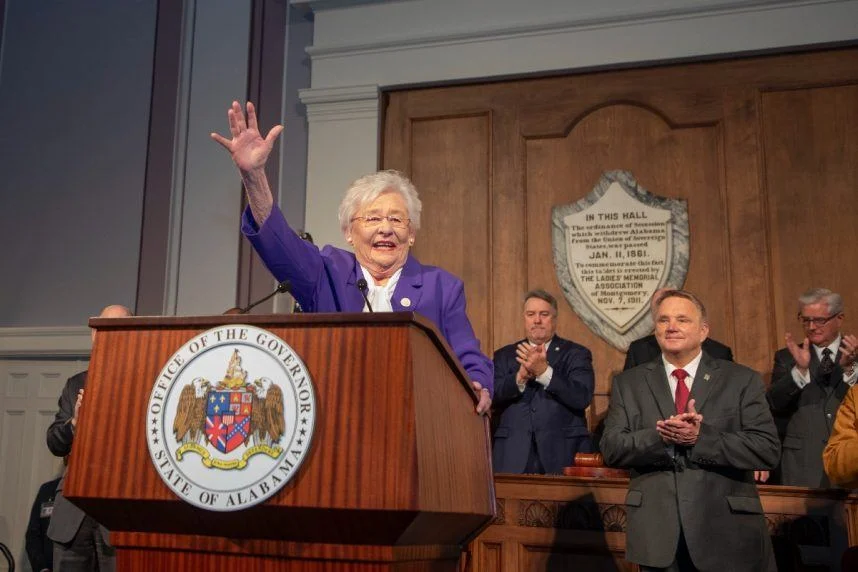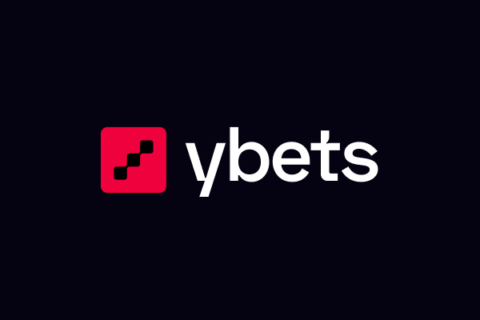Alabama Gov Pushing for Gambling, Lottery

Alabama Governor Kay Ivey proposed a limited school voucher program and expressed support for a gambling bill and absentee ballot restrictions in her State of the State address. The 2024 legislative session began with significant decisions on gambling, elections and education.
Governor Ivey endorsed a gambling bill in the Alabama House of Representatives, aiming to initiate a statewide referendum on a state lottery and a select number of casino sites.
The state has not seen such a referendum since 1999, hindered by conservative opposition and disputes over casino licenses. In her address on Tuesday night, Governor Ivey emphasized the opportune moment for Alabama voters to weigh in on the issue at hand.
Lawmakers, privy to preliminary versions of the bill, indicated that it would empower the establishment of a lottery and a maximum of 10 casino sites within the state.
Republican Representative Chris Blackshear, the driving force behind the gambling legislation, hinted at the potential introduction of the bill as early as Wednesday, cautioning that the entire process remains fluid.
Emphasizing the immediacy of the situation, Blackshear pointed out the prolonged delay in taking action. The overarching goal is to carefully construct a comprehensive package that empowers the citizens of Alabama to make decisions. Ultimately, the outcome will be shaped by their votes.
Securing bipartisan backing is imperative for the bill’s approval, considering the current prohibition of lotteries and casinos in the Alabama Constitution. Overturning this restriction necessitates three-fifths approval from both legislative chambers and, subsequently, a majority vote from the state’s electorate in a comprehensive referendum.
Democratic Representative Kelvin Lawrence, representing Hayneville with a notable gambling hall, emphasized the need for fairness in the legislation concerning previously endorsed gambling locations.
Lawrence stressed the importance of a thorough review before committing to support.
Governor Ivey announced an education savings account proposal, allowing families to use public funds for private school expenses.
The $100 million fund provides up to $7,000 tuition vouchers, targeting low and middle-income families and those with students with disabilities. Smaller than last year’s $500 million proposal, Ivey aims for a fully universal program while ensuring steadfast support for public education.
The CHOOSE Act suggests using public funds for private school expenses for families earning up to 300% of the federal poverty level, with the income cap phasing out after three years.
State Senator Arthur Orr, the bill’s sponsor, is satisfied with the proposed education savings account threshold.
Democrats expressed concerns, while Republicans proposed a more substantial bill allocating $400 million in vouchers. Governor Ivey supports a Senate bill criminalizing non-family assistance with absentee voting, citing voter fraud concerns.
The proposed legislation intends to classify certain actions related to absentee ballots as misdemeanors, escalating to felonies if monetary compensation is involved.
Exceptions include assistance from election officials and aid for individuals with visual or cognitive impairments. Governor Ivey supports the bill, emphasizing its aim to close loopholes allowing undue influence in the absentee voting process.
Senate Minority Leader Bobby Singleton questioned the bill’s necessity, suggesting it aligns with a national Republican concern and arguing that the addressed issue, ballot harvesting, is not a significant problem in the state.
- Other news categories:
- SlotsUp's news





